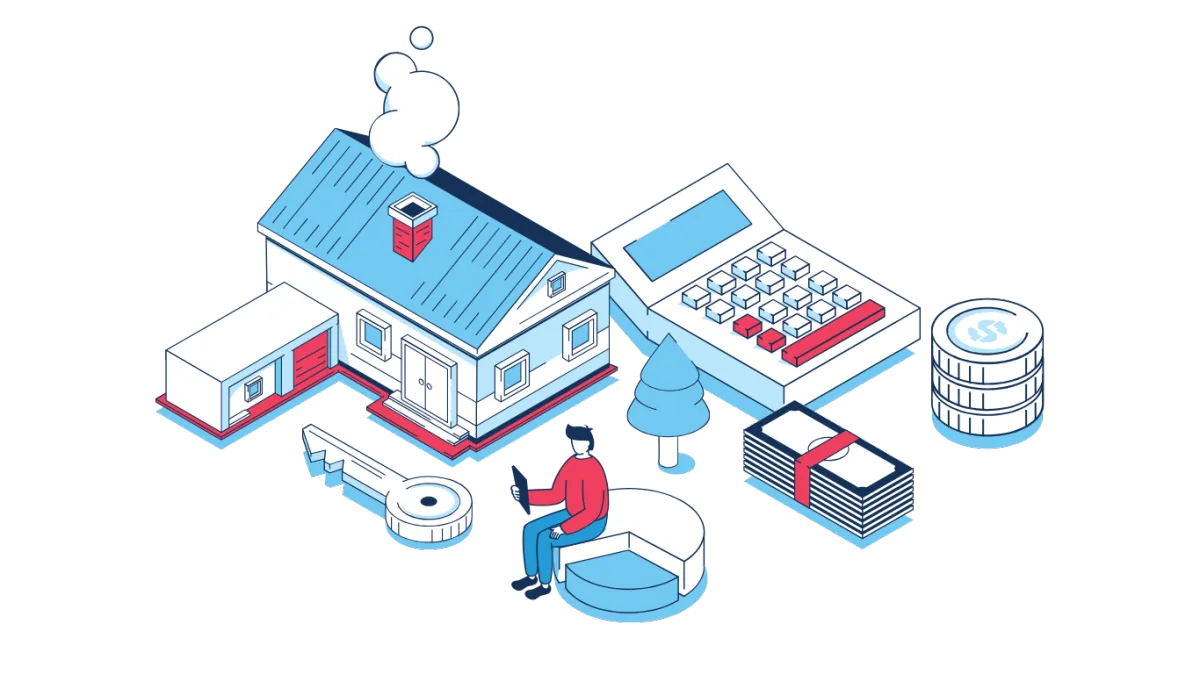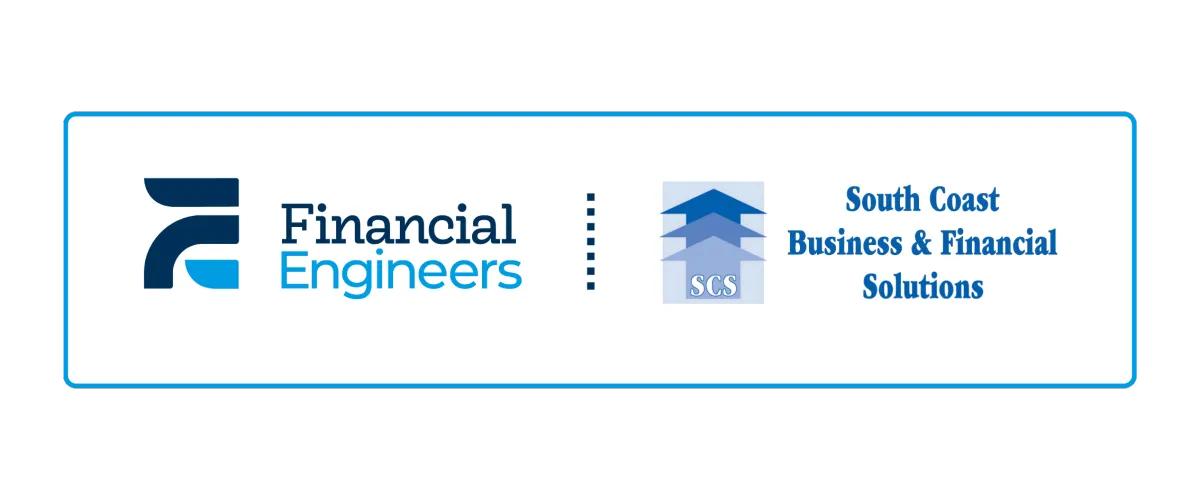1300 079 025
Engineering Better Home Loans
Trusted mortgage and finance brokers since 1998,
based on the South Coast & Sydney, supporting clients across Australia.

Financial Engineers are property finance specialists. We work with home buyers, property investors and self-employed clients to structure smart, well-considered finance solutions that help achieve their goals and build wealth with less stress.
Financial Engineers has joined forces with South Coast Business & Financial Solutions.

How we Help








Who we Are
We’re a top-rated mortgage broking team delivering tailored financial solutions to help Australians achieve their property and investment goals. Based in Sydney and the South Coast, we combine local expertise with a precise, engineered approach to lending — backed by experience, best-in-class technology and exceptional service.
Whether you’re buying your first home, investing, refinancing, or growing a business, we’re here to guide you every step of the way.
Loans Made Easy
Here's How We Help You Get There
Our process is designed to be simple, transparent, and stress-free — so you always know what’s happening and what comes next.

1. Grab a coffee together and talk about your goals.

2. We get to work tailoring your options.

3. We handle the heavy lifting.

2. We get to work
tailoring your options.

4. Approval - and time to celebrate!
our clients love Working With Us!
Here's what they Have to Say
We’re proud to support home buyers, property investors and self-employed clients across Australia. Here’s what our clients have to say about working with Financial Engineers.
Let's Get Coffee!

We’d love to help—let’s catch up, talk through your goals, and see how we can make things easier.
or call 1300 079 025


Navigate
Services
locations
Sydney
Level 7/88 Ebley Street
Bondi Junction, NSW 2023
South Coast
Suit 9, 15 Boree Street
Ulladulla NSW 2539
© Copyright 2026. Financial Engineers. All rights reserved.


